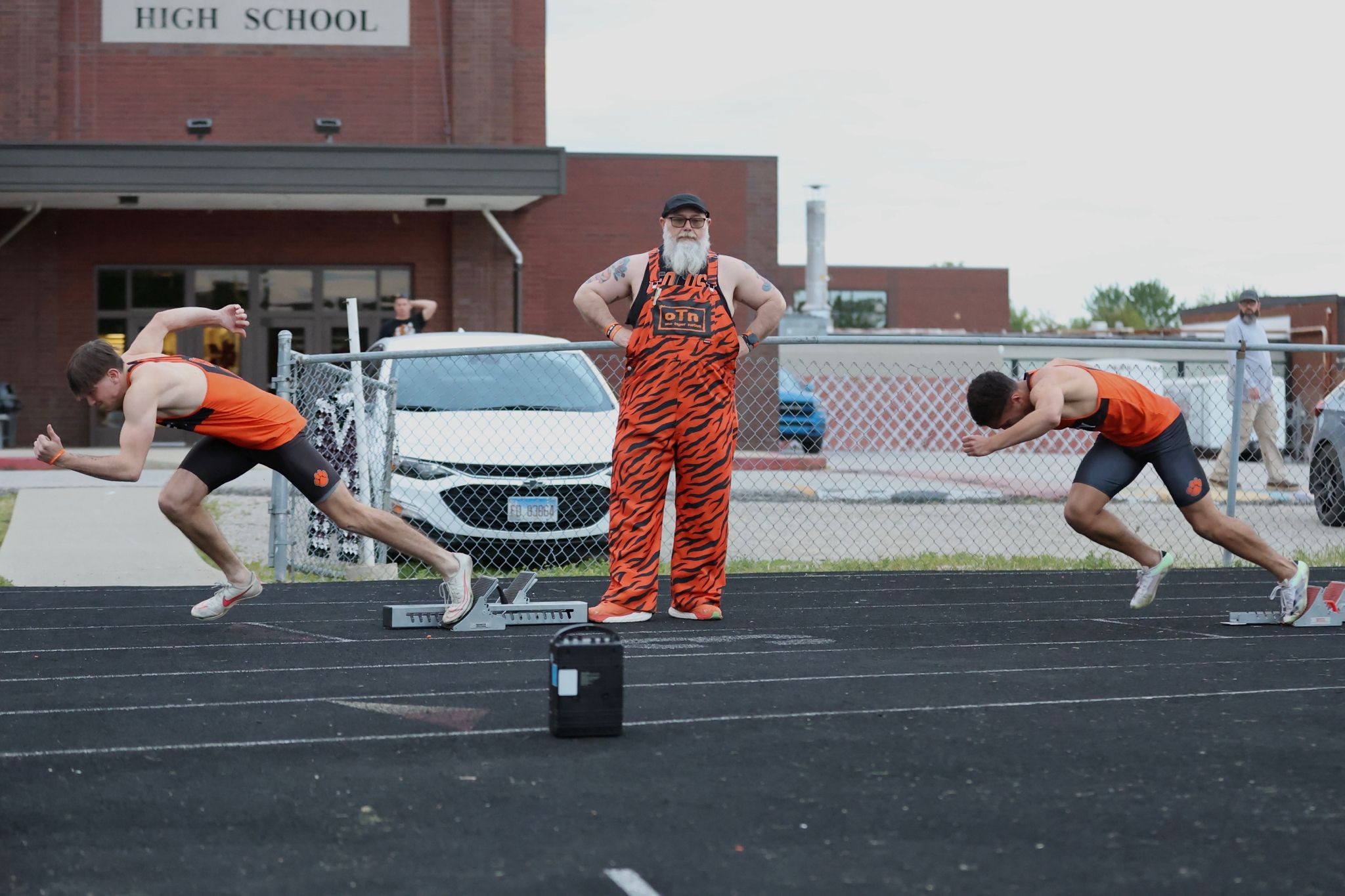How a Positive Mindset Fuels Recovery After Life-Altering Injury

When life changes in an instant, the path forward is rarely clear. For those who experience a traumatic injury—like a spinal cord injury, a stroke, or any sudden setback—the physical challenges are only part of the battle. The real test is often mental: How do you find the strength to keep moving forward when the world says you can’t?
The Power of Attitude in Overcoming Adversity
One of the most powerful themes to emerge from stories of remarkable recovery is the role of mindset. A positive, resilient attitude isn’t just “nice to have”—it’s often the difference between stagnation and progress. As Tyson McFeeters, a young athlete who suffered a life-changing spinal cord injury, put it: “I don’t go to doctors anymore because I don’t like being told no. I think it’s just… my attitude is just fantastic.” This refusal to accept defeat, even in the face of daunting odds, is a hallmark of those who rise above adversity.
Why Mindset Matters in Recovery
Medical professionals can offer diagnoses, prognoses, and treatment plans, but the journey of recovery is deeply personal. Research consistently shows that a positive mindset can:
- Enhance motivation and engagement in rehabilitation
- Reduce the risk of depression and anxiety
- Improve pain management and perceived quality of life
- Foster creative problem-solving and adaptability
When the body is limited, the mind becomes the engine for progress. Those who focus on what they can do, rather than what they can’t, are more likely to discover new passions, set ambitious goals, and defy expectations.
Turning the Worst Days Into the Best
A recurring lesson from survivors and thrivers is the ability to reframe adversity. Instead of viewing a traumatic event as something that happened to them, they find ways to see it as something that happened for them—an opportunity for growth, connection, or even a new mission in life.
This mindset shift doesn’t happen overnight. It’s a process of:
- Allowing yourself to feel and process the loss
- Seeking out supportive communities and role models
- Setting small, achievable goals to build momentum
- Celebrating every milestone, no matter how small
As Coach Matt Thomann, a cancer and stroke survivor, shares: “If I can come back from some of the things that I’ve done and come better for it, then that’s the sort of story that helps people… I like being the example of mettle.”
Faith, Community, and New Passions
For many, faith and spirituality provide a foundation for hope and perseverance. Tyson’s near-death experience during his accident deepened his belief that he would walk again, fueling his commitment to recovery. Others find strength in family, friends, or new communities—like adaptive sports or advocacy groups—that understand the journey.
Discovering new passions, such as jiu-jitsu or helping others through initiatives like Stand Up to SCI, can transform the recovery process from a solitary struggle into a shared adventure. These outlets offer purpose, camaraderie, and a renewed sense of identity beyond injury.
Practical Tips for Cultivating a Resilient Mindset
If you or someone you love is facing a major setback, here are actionable steps to foster a positive, resilient mindset:
- Limit negative influences: Seek out medical professionals and mentors who believe in your potential.
- Focus on progress, not perfection: Celebrate small wins and incremental improvements.
- Connect with others: Join support groups or communities who share your experience.
- Set new goals: Find activities that excite and challenge you, even if they look different than before.
- Practice gratitude: Regularly reflect on what you can do and the support you have.
Conclusion: Your Mindset Is Your Greatest Asset
No one chooses adversity, but everyone can choose their response. Whether you’re facing a spinal cord injury, a career setback, or any unexpected challenge, your mindset will shape your journey. By focusing on hope, resilience, and the possibilities ahead, you can turn even the toughest days into the foundation for a stronger, more meaningful life.
Are you ready to forge your mettle?
More From Mental Mettle

Episode 131: Way of the Warrior: Leadership Coaching with SGT. Brett Miller

Episode 130: Happy Thanks"taking"

The Power of Positive Team Culture: How Winning Environments Shape Student-Athletes for Life

Episode 129: A Coach Looks at 50

Episode 128: Basketballs and Bibles with Robo Kreps

